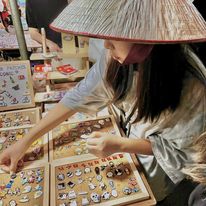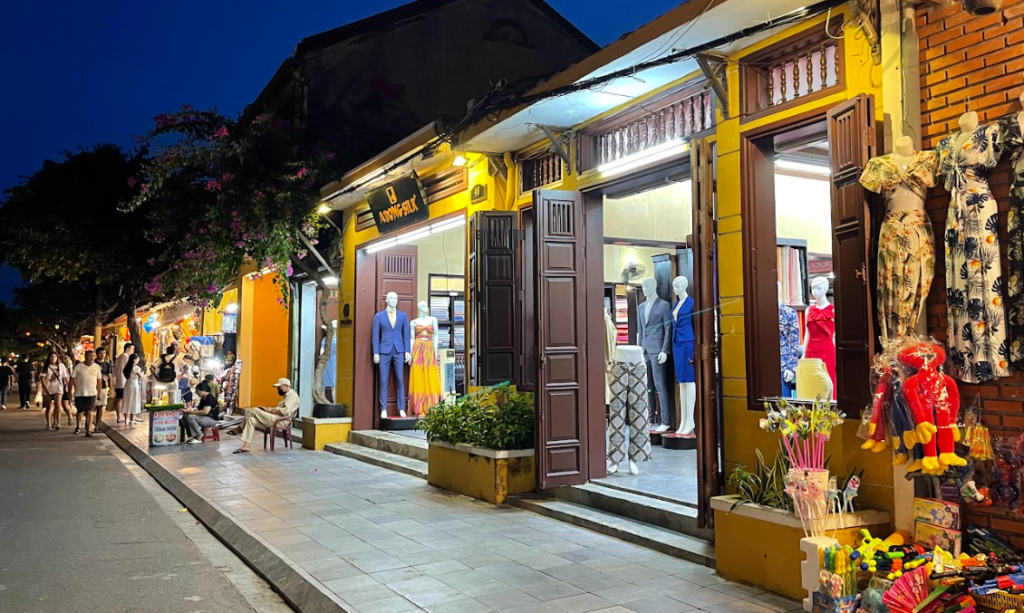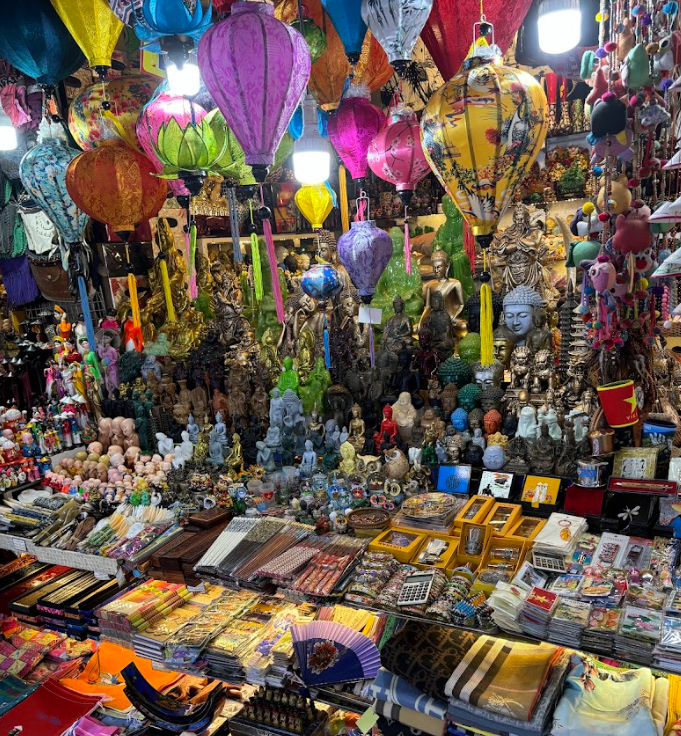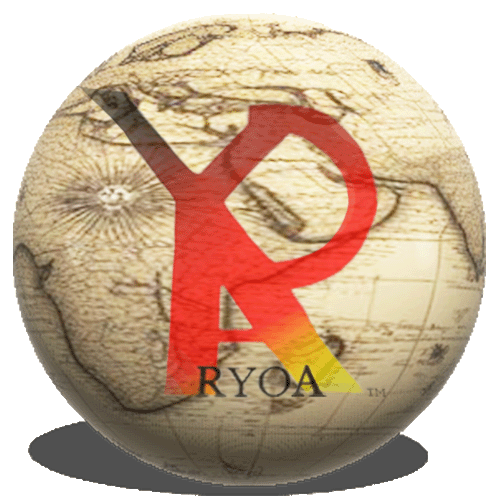Currency Exchange Tips for Tourists Visiting Vietnam



Vietnam is a beautiful destination with bustling cities, serene landscapes, and a rich cultural heritage. When planning a trip to Vietnam, it’s essential to understand the local currency—the Vietnamese Dong (VND)—and be aware of some common issues regarding currency exchange. This guide will help you navigate the nuances of using money in Vietnam, ensuring a smoother and more enjoyable travel experience.
The official currency of Vietnam is the Vietnamese Dong (VND), which comes in denominations ranging from 1,000 to 500,000 VND. While it might seem overwhelming at first due to the large numbers, it’s essential to familiarize yourself with the notes to avoid confusion. The VND is a non-convertible currency, meaning it cannot be easily exchanged outside of Vietnam, so it’s best to handle your currency needs while in the country. Also, always carry smaller denominations, as larger bills can be difficult to break, especially in rural areas or smaller shops.
Currency exchange in Vietnam can be done at various locations, including banks, exchange counters, hotels, and airports. However, it’s advisable to avoid exchanging money at airports and hotels due to the less favorable rates. Banks and authorized exchange counters usually offer better rates and are generally more reliable. Always check the exchange rate before converting your money, as rates can fluctuate daily. You should also inspect the money you receive for any tears or marks, as damaged bills are often not accepted in Vietnam.
While using credit or debit cards is increasingly common in big cities like Hanoi and Ho Chi Minh City, cash remains the most widely accepted form of payment, particularly in smaller towns, markets, and street vendors. ATMs are readily available throughout major cities, allowing you to withdraw cash directly in VND. Be mindful of transaction fees, which can vary depending on your home bank, and check with your bank before traveling to understand international withdrawal charges and limits. It’s a good idea to notify your bank of your travel plans to avoid any unexpected card blocks.
Lastly, avoid exchanging money on the street or with unauthorized vendors, as you risk being scammed or receiving counterfeit bills. It’s always safer to deal with official institutions and authorized exchange services. Familiarizing yourself with the look and feel of the Vietnamese Dong can help you identify any counterfeit notes. Keeping these tips in mind will help you manage your finances more effectively during your trip to Vietnam, ensuring you can focus on enjoying all the country has to offer.
If you are looking to find more advice or travel services to Vietnam, visit our social media or contact us to initiate a free consultation.
